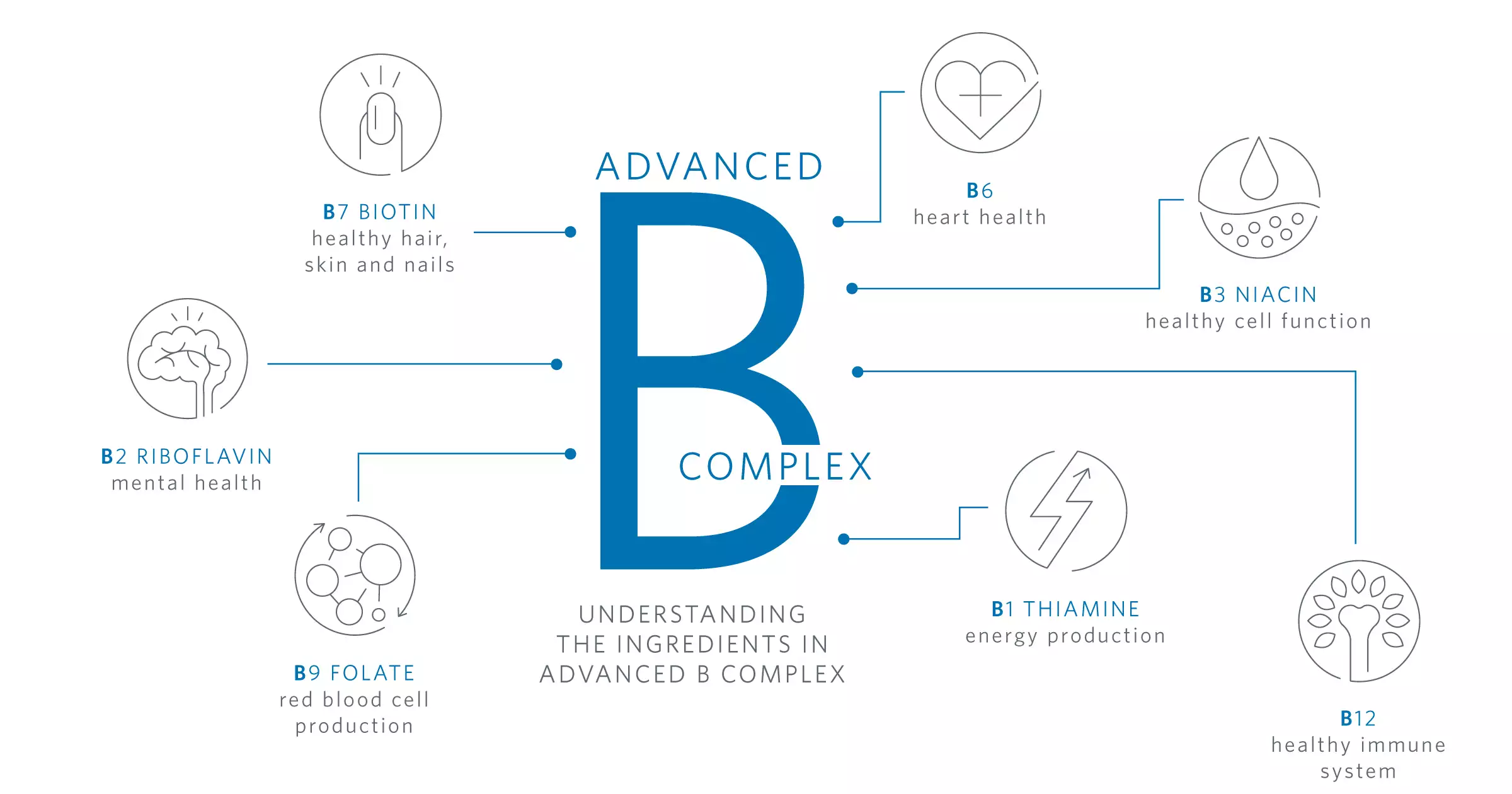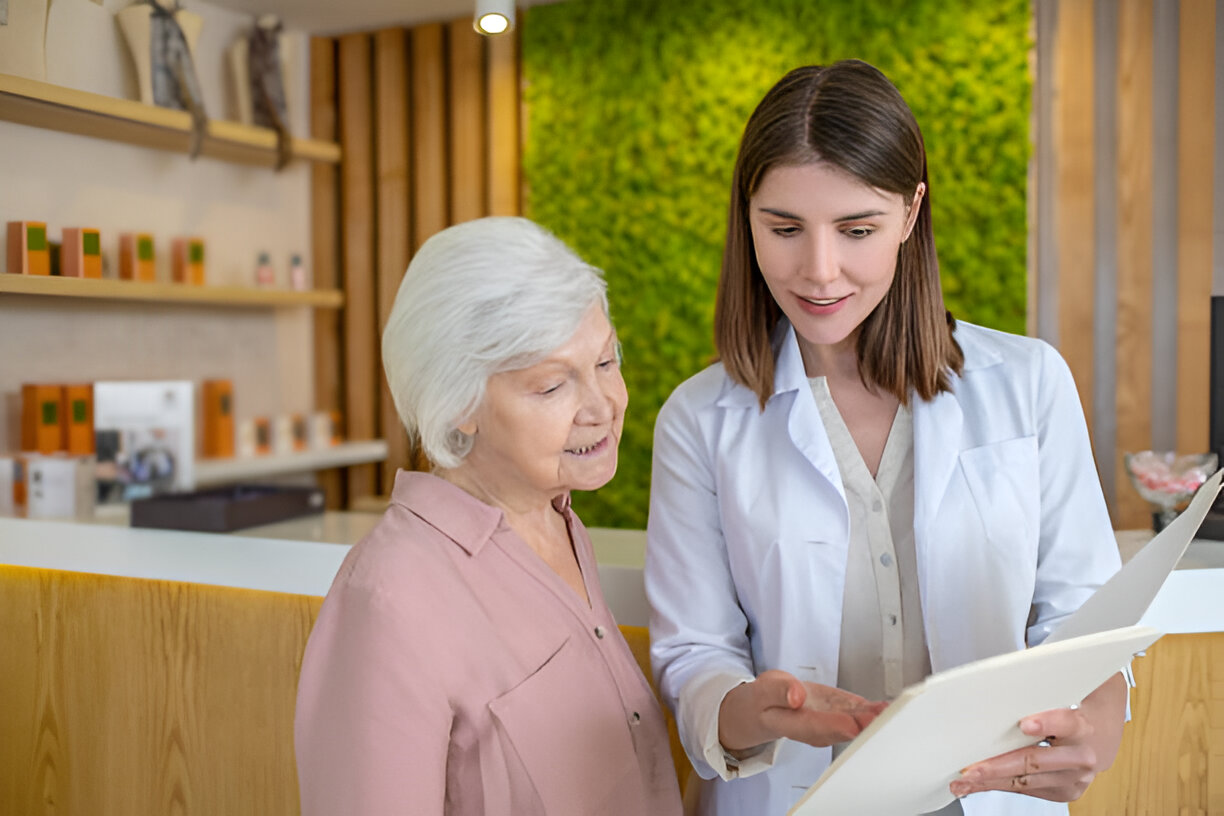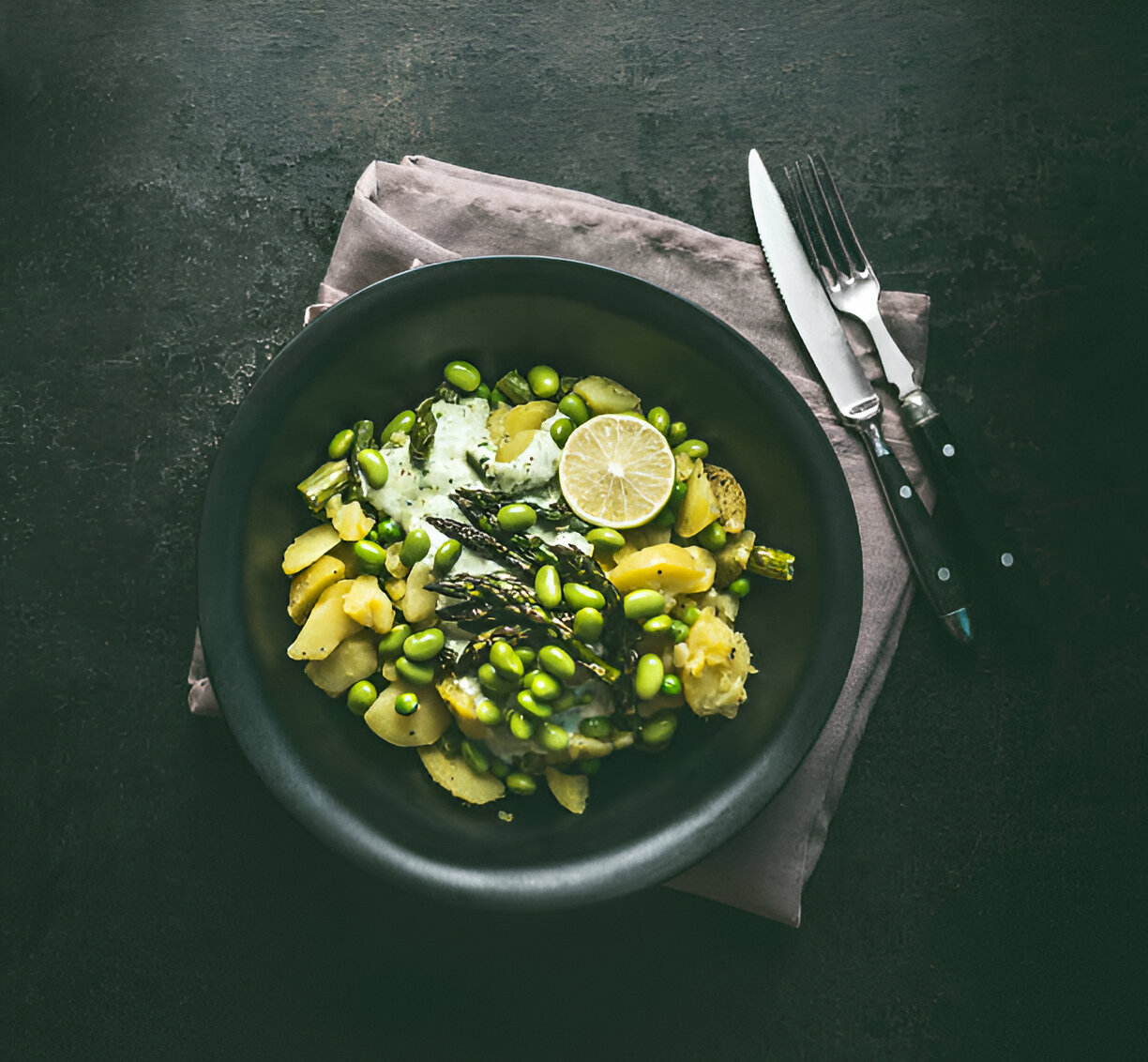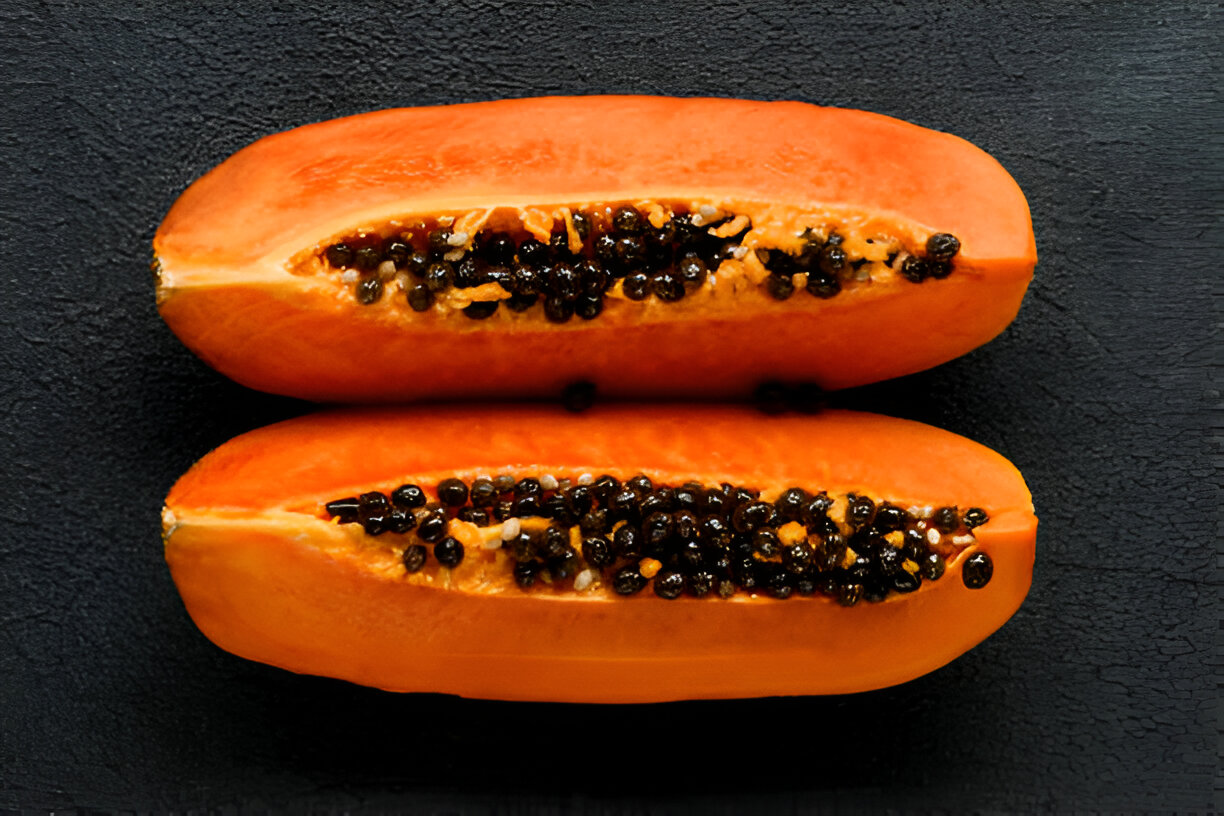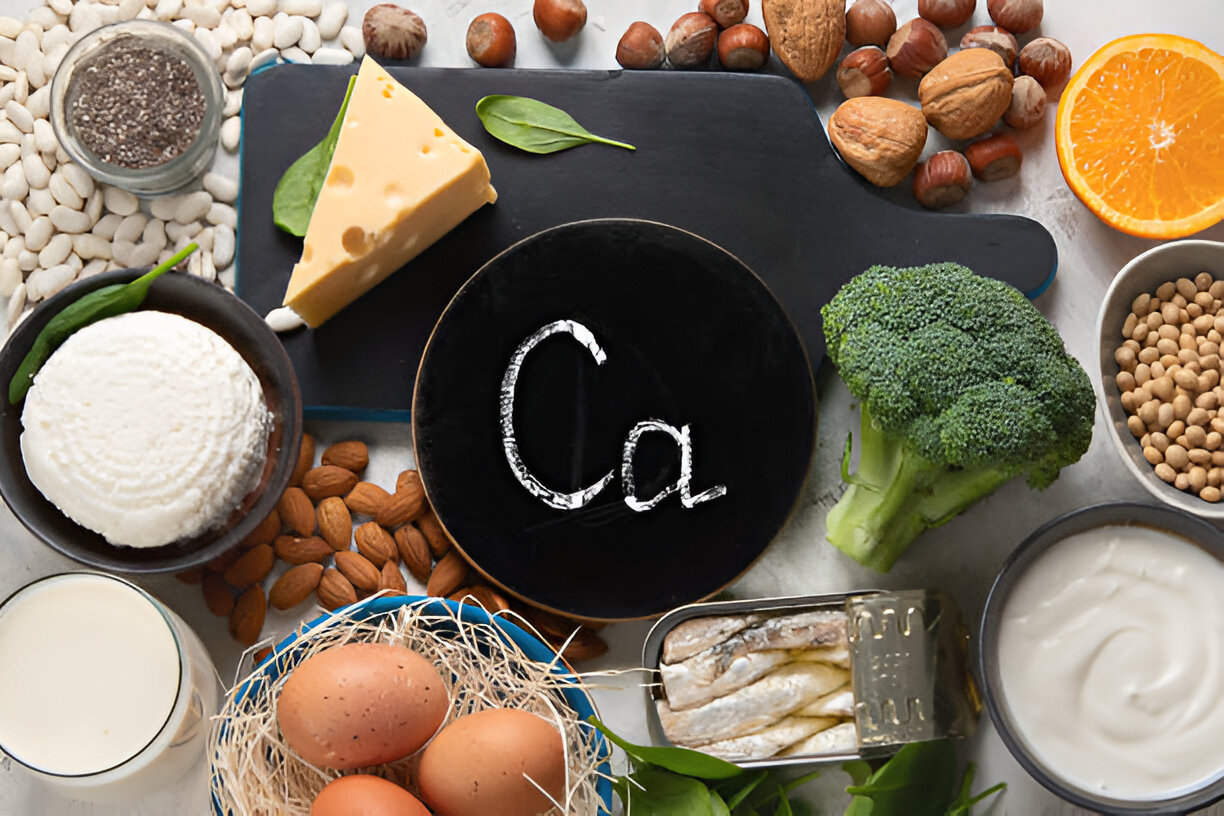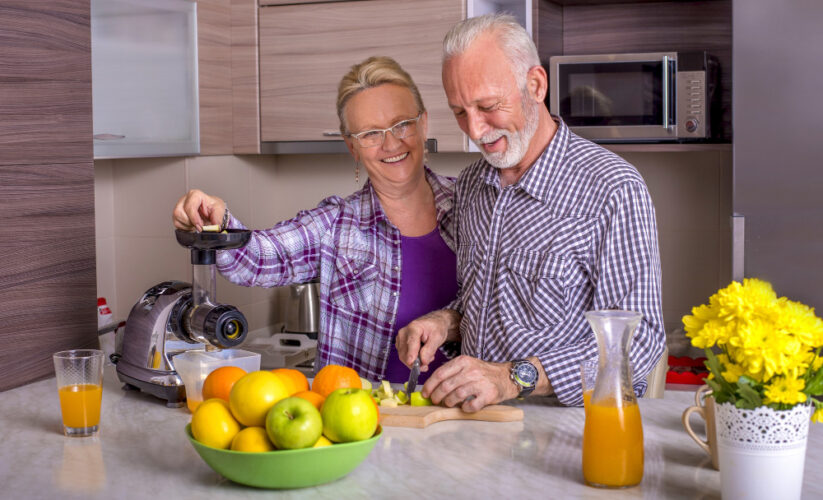
Contrary to conventional wisdom, straight crunches aren\'t the only (or even the best) way to strengthen your abs. You miss an important muscle — the transversus abdominis, the deepest ab muscle — when you focus solely on this one move.\n
Too Much Vitamin D Is Bad for You': ‘
\n Doctors now say adults should get at least 1,000 IU (found in most milk) and seniors should aim for 2,000 IU — well above the current recommended “adequate intake” of 400 IU. The new recommendations come from the realization that vitamin D affects almost every organ in the body.\n
‘Cling Wrap Is Dangerous': ‘
\n Choose wraps made from LDPE, such as those from Glad or Saran, since PVC contains the known carcinogen vinyl chloride. If you can\'t find “LDPE” or “No. 4” (in the chasing-arrows symbol on the box), don\'t buy it until you\'ve checked with the company online or over the phone. If you buy plastic-wrapped meat or cheese, trim areas exposed to wrapping (since it\'s often PVC) and store the remainder in glass or ceramic. For freezing, try tempered glass; parchment paper works for shorter periods. In the microwave, use ceramic or glass covers; wraps can melt and release chemicals upon contact with hot foods and liquids.\n ‘Osteoporosis Only Affects Older Women': ‘
\n Women start to lose bone mass as early as age 35, so it\'s imperative to start following preventive measures as soon as possible. After all, our bones carry us around our whole lives; they need a little love in return. To give back, try our weight-bearing exercise routine\n
‘Chocolate Is a No-No': ‘
While those heart-shaped boxes of milky, cream-filled bonbons don\'t qualify, recent studies show that pure dark chocolate is actually good for you.
‘Some Pans Leach Poison into Your Food': ‘
\n Cookware safety often relates to factors in your control: the quality of the pots you buy, their care, and choosing the right pan for the job. A cast iron skillet browns meat beautifully, for instance, but reacts with certain acidic foods, such as tomatoes, altering the taste of ingredients. Knowing your cookware is your best bet for cooking well — and safely.
‘Organic Equals Healthy': ‘
\n When the label appears on packaged foods, buyer beware. Many manufacturers capitalize on the word to sell nutritionally deficient products, say experts. “Organic junk food is still junk food,” explains Marion Nestle, Ph.D., M.P.H., professor of nutrition at New York University and author of “What to Eat.” Take organic Oreo-like cookies. “They sound healthier, but with all the sugar and oil, they are just a disguised version of the same thing,” says Klauer — albeit minus the pesticides. So how can you avoid the organic trap? First, read labels. And use common sense. “Ask yourself before you eat something, \'What benefit does it have to my body?' If you can\'t come up with anything, don't eat it.”
‘The Less Fat I Eat, the Better': ‘
\n Good fats such as omega-3 fatty acids, which the body can\'t produce on its own, help with brain function and children\'s development, and they may stave off heart disease and arthritis. In the kitchen, use extra-virgin olive oil for dressings and low-heat dishes and grapeseed or expeller-pressed, organic canola oil for high-heat cooking. A lot of refined vegetable oils (corn, safflower) are high in omega-6s, which are pro-inflammatory — low-level inflammation may contribute to disease. Packaged foods are a major source of unhealthy oils, so read ingredient lists carefully.
“Eating Can't Banish Stress”: ‘
There's no such thing as a chill pill, but these foods contain body-boosting nutrients that help soothe stressed-out nerves. Stress fighters such as avocados, baked potatoes (with skin), bananas, chick peas, and yellow-fin tuna contain vitamin B6. Stress depletes B6, which helps produce serotonin, a calming neurotransmitter. (Talk to your doctor about proper dosages if you take supplements; it is possible to get too much of a good thing.)\n
‘Sleeping on Your Side Is Best': ‘
It may feel comfy, but resting your head (which weighs, on average, 10 pounds) on your arm for hours at a time stresses the body.\n





